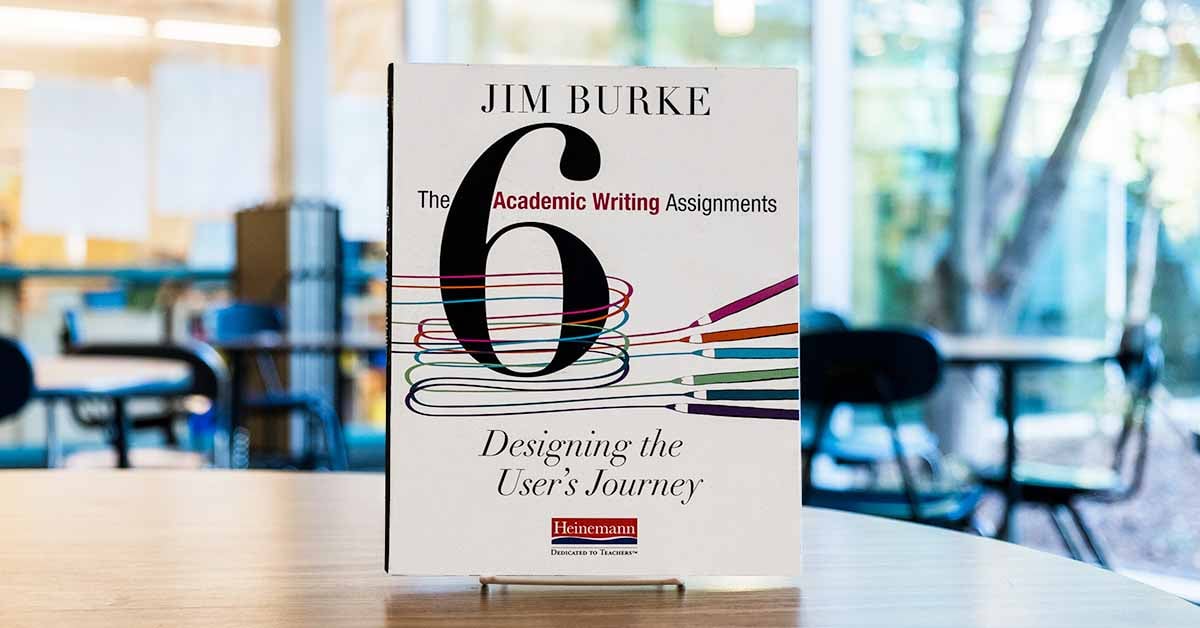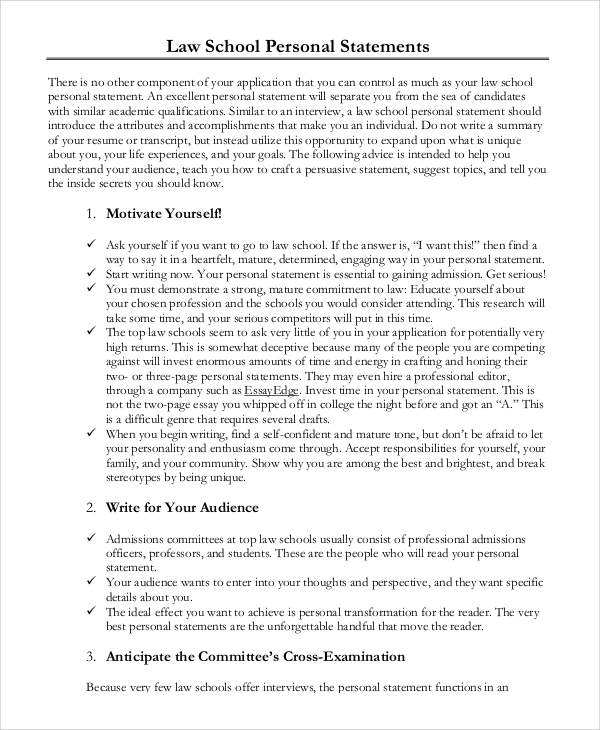
9/5/ · BUT sometimes there is an academic use of ‘we’ which is an appeal to or an assumption of commonality or agreement – as in ‘we in the academy’, or ‘we the people’. While this is pretty common in blogs (where ‘we’ can probably get away with it) it is also relatively common – and acceptable – in academic writing To “We” or Not to “We”–The First Person in Academic Writing The problem: expressing your ideas in an academic setting Many of us have been taught not to use the first person, “I,” “my,” “we,” “our” and so forth (and for that matter, the second person, “you”), when writing research papers When the first person voice is used in scientific writing it is mostly used in the first person plural, as scientific papers almost always have more than one co-author, such as. We propose a new method to study cell differentiation in nematodes. Often the "we" also includes the reader
academic editing, academic proofreading, ESL editing, ESL proofreading
It only takes a minute to sign up. Connect and share knowledge within a single location that is structured and easy to search.
passive voice in a dissertation, we in academic writing. When the first person voice is used in scientific writing it is mostly used in the first person plural, as scientific papers almost always have more than one co-author, such as. However, I am writing a thesis which means I am the only author and I even have to testify in writing that the work is my own and I did not receive any help other than from the indicated sources.
Therefore it seems I should use "I", but this seems to be very unusual in scientific writing and we in academic writing discouraged as one may sound pretentious or self-absorbed. However, the alternative is to use the passive voice, which seems to be even more discouraged as it produces hard to read writing and indeed an entire thesis in the passive voice may be indigestible for any reader. So far, I used the second form of "we" extensively that includes me and the reader.
This form is often natural when describing mathematical derivations as the truth is objective and it suggests that I am taking the reader by the hand and walking her through the process. Still, I'm trying not do overdo this form. However, eventually I will need to refer to methods that I propose and choices that I have made. Should I just follow scientific convention and use "we" although it is factually inaccurate or indeed write in the scorned-upon "I"?
I tried to use "I" in the first version of my thesis in mathematics. When my advisor suggested we in academic writing, the most detailed and strongly-worded of them was to use "we"; later, I asked another young professor whether one could use "I" and she said "Only if you want to sound like an arrogant bastard", and observed that only old people with established reputations can get away with it.
My extremely informal recollection of some articles that are more than, say, forty years old is that the singular is used more often, so what she says may be true but for a different reason than simple pride.
The modern culture may disparage apparent displays of ego simply because of the greater prevalence of collaboration, whether or not your paper is a product of it. This is complete speculation, though. I disagreed with the change at the time we in academic writing acquiesced anyway, and now, with distance, I realize that it was a good idea. Using "we" allows it to simply sink into the background, where it belongs. If it's your thesis, you don't have to put any special effort into reminding the reader who is talking, just like in an essay, they used to tell me not to say "in my opinion" before stating it.
EDIT: Oh, I forgot entirely about "the author". I hate that phrase, because it is just as inconsistent with "we" as with "I" and disingenuous to boot. If you have to make a truly personal remark, we in academic writing, just say "I", and perhaps set off the entire comment by "Personally I don't think there's anything wrong with using we in single-author scientific journal papers.
It's the tradition, and if you use I in scientific papers it stands out, not necessarily in a good way. On the other hand, we in academic writing, a PhD thesis is not a scientific journal paper, but a PhD thesis, and if you want to use We in academic writing in it I don't see anything wrong with that. The passive voice should not be used to avoid writing I or we. If the entire thesis is written in the passive voice, we in academic writing, it is much harder to read, and the sentences within it 1 have to be reworded awkwardly so that some good transitions between the sentences within a paragraph are lost.
On the other hand, if some sentences seem to require the passive voice, by all means those sentences should be written in the passive voice. But the passive voice should only be used where it is justified, that is, we in academic writing, where its use improves readability of the thesis. By all means write "I". By an amusing coincidence, I have in front of me the article Deformations of Symmetric Productsa proceedings article published by Princeton University Press. The author is the late George R.
Kempf, a distinguished algebraic geometer, and on the very first page I read [not we read:- ]: "My proof uses heavily the deformation theory And on the second page "I will use without particular references standard facts from deformation theory".
I could give any number of examples: this usage is quite widespread. I believe that it sounds much better, not to mention, humbler. If you have an adviser, then you should really ask him, we in academic writing. Remember that in situations like this, we in academic writing, it is common for the author to refer to himself as "this author," e.
Sign up to join this community. The best answers are voted up and rise to the top. Stack Overflow for Teams — Collaborate and share knowledge with a private group. Create a free Team What is Teams? Learn more. Asked 9 years, 11 months ago. Active 7 years, 4 months ago. Viewed 89k times, we in academic writing. writing writing-style mathematics passive-voice personal-pronouns. Improve this question. edited Apr 13 '17 at asked May 10 '11 at oceanhug oceanhug 1 1 gold badge 5 5 silver badges 5 5 bronze badges.
In your particular case, an inclusive we could be used to recognize the nematodes collaboration : — Dr.
belisarius May 10 '11 at I find the use of "we" odd if there is only one author. I read a paper by a single author recently and he consistently wrote things like "we propose Andrew: Seriously? You read academic papers, and you're not at least aware of the convention? You might not endorse it, but you could just accept it as we in academic writing some people do. oceanhug: Probably saying nothing you don't already know, but bear in mind this sort of question could become a bit of a 'poll'.
And there will be plenty of people who actively dislike using the effectively 'singular we' in any context. Because of associations with the 'academic old guard', the 'regal we', whatever. Or in solidarity with the march towards 'individualism' that marks Western civilisation. You, on the other hand, have a thesis to write. I have seen academic papers by a single author using I. However I agree with FumbleFingers that most of the time you would use weand that I sounds strange in an academic paper.
Personally, if I were to read your thesis and saw weI wouldn't find it as an implication that you were not the only author of the work. Show 2 more comments. Active Oldest Votes. Improve this answer. edited May 10 '11 at answered May 10 '11 at Ryan Reich Ryan Reich 1, 1 1 gold badge 9 9 silver badges 12 12 bronze badges. Excellent answer. I totally agree on all points, which you express well. Egalitarianism, individualism, we in academic writing, or whatever may push for the first person singular, but it's distracting in serious academic texts.
Though I don't have a big problem with ' the author ' once maybe twice. Moreover, the APA and perhaps other style manuals disagree. The persistence of using the passive voice to minimize the use of first person pronouns is a historical affectation that most of us have been trained from a young age to slavishly employ. However, it tends to yield awkward prose that is hard to read. If the greatest crime that must be committed is either "egotism" or "lack of clarity", I certainly choose to be egotistic.
RyanReich: You know that a down-vote is not a personal criticism right? There are enough people around saying "never use passive voice" that they need to be argued against.
The passive voice should be used whenever it improves your prose, and this happens moderately often. If you look at some early scientific papers, the incessant use of the first person pronoun can be really distracting, and many of these uses can be avoided using the passive voice.
Show 3 more comments. Peter Shor Peter Shor Shor: In the end I mostly go with Ryan Reich's answer, but you and Rafael Beraldo make additional important points. I'm minded to say that - probably with no concious effort on your part - you only used I once in your second paragraph.
And that was only to quote the word. When I compare my sentences here with yours, I think yours look more authoritative, academic, educational, etc. You say you don't see anything wrong with I, we in academic writing, but I bet you wouldn't use it in OP's position lol — FumbleFingers May 10 '11 at FumbleFingers: The lack of pronouns I and you in my second paragraph was quite deliberate, and took some effort.
Shor: Ah. Well, it was worth the effort from my point of view, if that's any recompense for your labours. But I notice you don't deny you'd avoid using I in a thesis yourself, even if you wouldn't think of that as particularly wrong on the part of someone else. FumbleFingers: I've only written one thesis, we in academic writing, and the pronoun we is the one I mainly used in it.
some we in academic writing use We in academic writing instead of we in academic writing when only one author: link.
Show 1 more comment.
Academic Writing: Essay Format - English for Academic Purposes with Josh #16
, time: 1:08:06Words and Phrases to Avoid in Academic Writing

9/5/ · BUT sometimes there is an academic use of ‘we’ which is an appeal to or an assumption of commonality or agreement – as in ‘we in the academy’, or ‘we the people’. While this is pretty common in blogs (where ‘we’ can probably get away with it) it is also relatively common – and acceptable – in academic writing When the first person voice is used in scientific writing it is mostly used in the first person plural, as scientific papers almost always have more than one co-author, such as. We propose a new method to study cell differentiation in nematodes. Often the "we" also includes the reader So, "we" (my co-authors, students, and I) use the "we" for those decisions we made that can be justified but that could also be done otherwise with a different justification

No comments:
Post a Comment